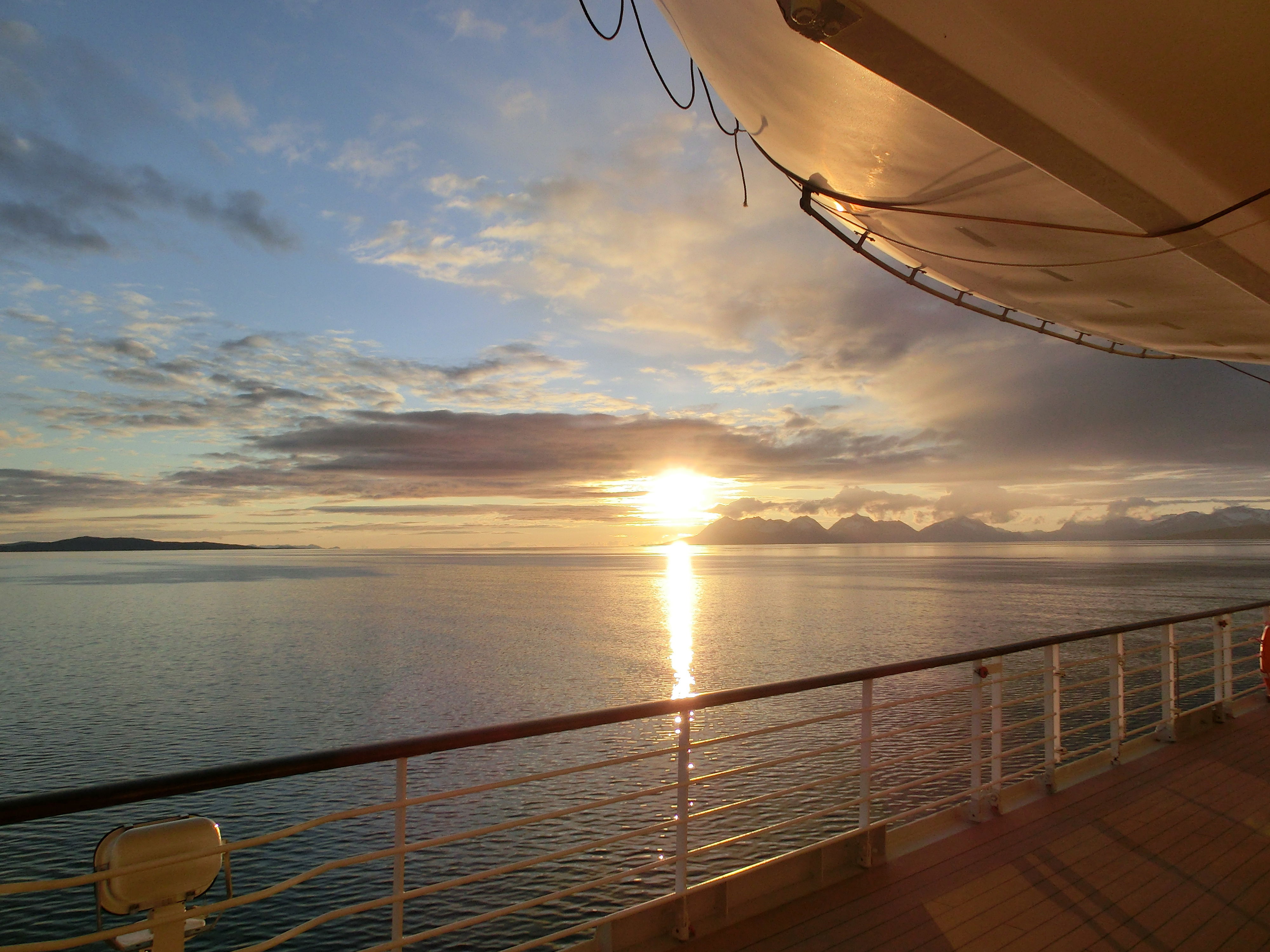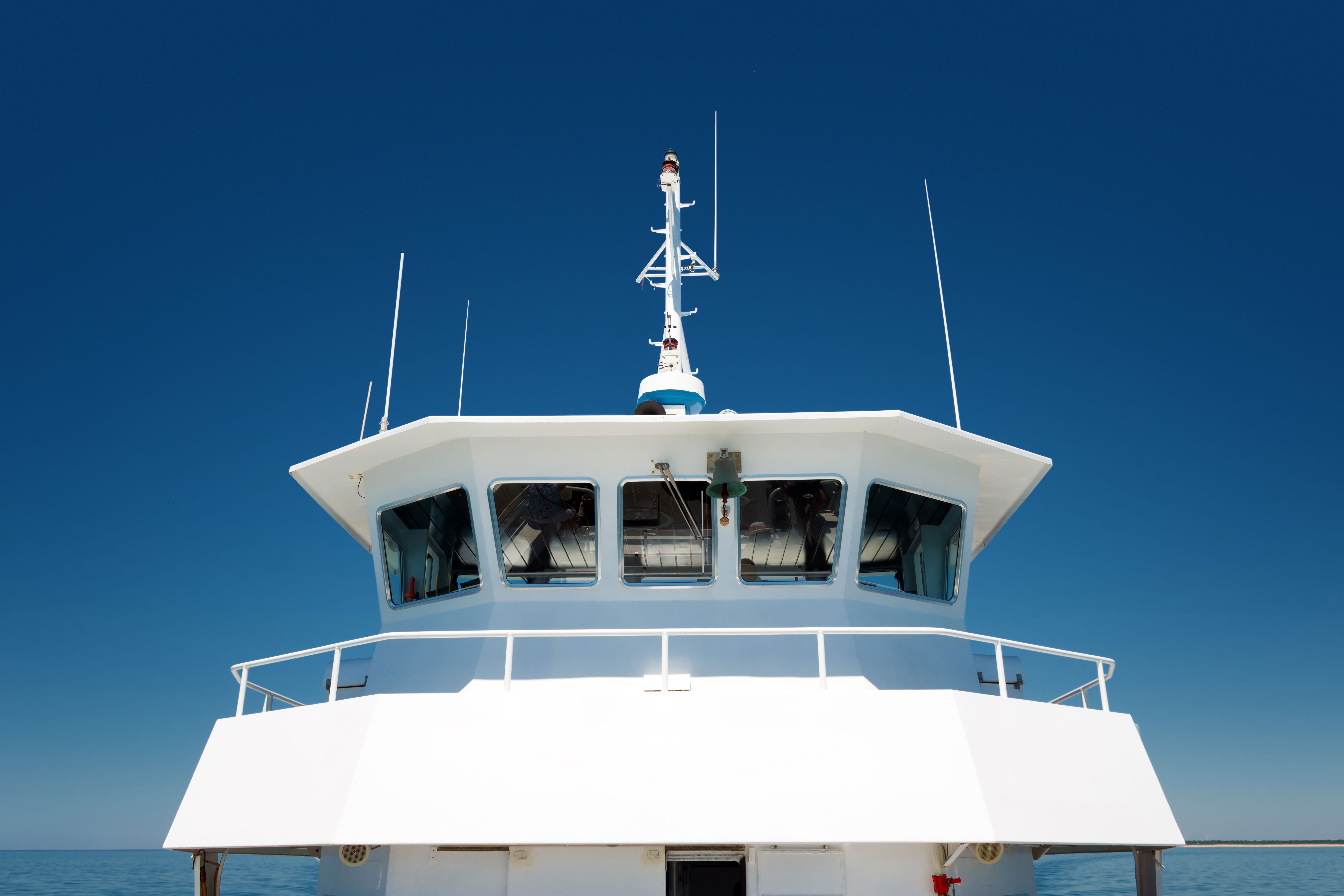The Perils of Overlooking Maritime HR Expertise

In the cruise industry, the collaboration between operational and HR functions is critical for success. Yet, a persistent issue undermines this synergy: the tendency of operational leaders to underestimate the complexities of HR, believing it’s “just about managing people” or dealing with people related administrative tasks! This flawed perception often leads to operational leaders encroaching on HR responsibilities, dismissing the expertise of HR professionals, and compounding the disconnect between employees and the business.
This issue is particularly damaging in the cruise sector, where HR is uniquely complex and essential to the well-being of shipboard teams. Just as HR professionals wouldn’t presume to manage nautical operations or food & beverage without specialized training, operational leaders should recognize that human resources is a discipline requiring its own expertise, tools, and strategies.

The Distinct Roles of Operations and HR
Operations managers are experts in running the business—ensuring logistics, revenue, and guest satisfaction are on track. HR professionals, on the other hand, specialize in managing the human element of the business. This includes, but is not limited to, talent management (including workforce planning), compliance, employee relations, compensation & benefits, employee engagement, training and development - all of which require nuanced knowledge and skills.
While there is overlap between these functions, such as the shared responsibility for maintaining a productive workforce, knowing when to collaborate and when to defer to expertise is key. A lack of this understanding can result in operations leaders making decisions that undermine HR strategies, create inefficiencies, put the company at risk, and erode employee trust.

Maritime HR: Unique Challenges Require Specialized Expertise
In cruise operations, these issues are exacerbated by the unique complexities of 'shipboard life'. The maritime workforce is multinational and extremely diverse, works under high-pressure conditions, and operates within a framework of complex international laws and CBAs. HR in this context requires not only technical knowledge but also cultural sensitivity and a thorough understanding of shipboard dynamics.
Unfortunately, many shore-based HR leaders themselves lack maritime experience, further complicating the dynamic. When operational leaders dismiss HR as “just managing people,” it perpetuates a vicious cycle where neither shipboard realities nor HR’s strategic role are fully understood or appreciated.
Knowing, Understanding, and Specializing
The crux of the issue lies in the distinction between knowing, understanding, and specializing.
- Knowing means being aware of what a function entails.
- Understanding requires deeper insight into its nuances and how it integrates with other parts of the business.
- Specializing is mastering the function through training, experience, and continuous learning.
Operations leaders should know how to 'manage people', and they may even understand some HR concepts, but they generally do not specialize in HR. Similarly, HR professionals might know and understand operational challenges, but they would never assume the role of managing technical systems or guest services.
Respecting these boundaries ensures that every part of the organization functions at its best.

The Path Forward: Collaboration and Respect
To mitigate these issues, cruise lines must foster a culture of mutual respect and collaboration between operations and HR. Key steps include:
- Clarifying Roles and Responsibilities: Clearly define where HR’s expertise begins and ends, ensuring operational leaders know when to collaborate with HR and when HR knows when to step back.
- Educating Leaders: Train operational leaders on the value of HR and the complexities of maritime-specific challenges, emphasizing the risks of overstepping their expertise.
- Investing in Maritime HR Specialists: Recruit and empower HR professionals with maritime experience who can bridge the gap between ship and shore.
- Enhancing Ship-to-Shore Communication: Create forums for regular dialogue between shipboard HR leaders and their shore-based counterparts to align goals and strategies.
- Empowering HR: Ensure HR professionals are empowered and have the resources needed to make decisions and implement policies that support both crew and operational goals.
Conclusion
The success of shipboard and shoreside operations hinges on a shared understanding of roles, expertise, and boundaries. When operations leaders respect HR as a specialized discipline -and when HR professionals bring maritime-specific knowledge to the table - cruise lines can bridge the gap between ship and shore, fostering a cohesive, productive, and engaged workforce.
Dismissing HR as “just managing people” or encroaching on HR’s role is not only a misstep; it’s a fundamental misunderstanding of what drives operational success. To thrive in the complexities of maritime operations, leaders must embrace the power of partnership, where each function complements the other, leveraging their unique strengths for the good of the business and its people.
